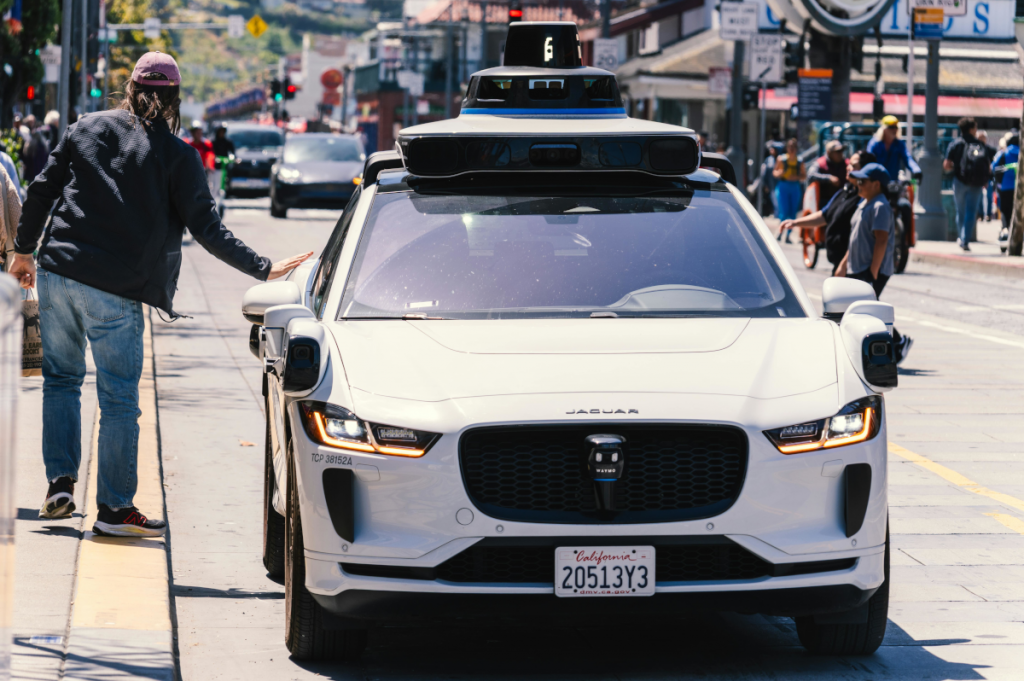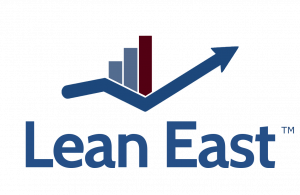As a parent, one of the most significant responsibilities – and joys – is guiding my kids as they navigate the path toward adulthood. A big part involves discussions about their future, and ultimately, their careers. I have three kids and have offered advice based on my own experiences and the conventional wisdom I’ve gathered. But the world is changing at an unprecedented pace, largely driven by the relentless march of technological innovation and the rise of Artificial Intelligence (AI). As a result, I am changing the career advice I give my kids.
Timeless career advice
Before diving into the changes in my career advice, it’s important to acknowledge the career advice that remains foundational. These are principles I will always emphasize with my children. My advice varies based on the kid’s age. I have one child in each of these groups as I write this in the summer of 2025.

Career advice for kids 14-18 years old
- Discover your natural strengths: High school isthe time to find out your strengths. What skills come easy to you but are hard for your peers? Early job experience in areas you are above average in will increase your confidence and your skills.
- Maximize your natural strengths: If you have above average intelligence, go to college. Either go to a top ten college (where the college name will give you instant credibility) or go to a less expensive school. If you struggled in high school or your natural strengths are elsewhere, strongly consider NOT going to a four-year college and instead spend the next 2-4 years obtaining a certificate and job experience.
- Cultivate critical thinking and problem-solving abilities: In a complex world, the ability to analyze information, identify problems, and develop creative solutions is invaluable. Help your kids gain experience and confidence in these areas as they become young adults.
- Discover your natural strengths: High school isthe time to find out your strengths. What skills come easy to you but are hard for your peers? Early job experience in areas you are above average in will increase your confidence and your skills.
Career advice for kids 18-22 years old
- Maximize your natural strengths: If you have above average intelligence, go to college. Either go to a top ten college (where the college name will give you instant credibility) or go to a less expensive school. If you struggled in high school or your natural strengths are elsewhere, strongly consider NOT going to a four-year college and instead spend the next 2-4 years obtaining a certificate and job experience.
- Cultivate critical thinking and problem-solving abilities: In a complex world, the ability to analyze information, identify problems, and develop creative solutions is invaluable. Help your kids gain experience and confidence in these areas as they become young adults.
Career advice for kids 23+ years old
- Begin your career: Look for a role that allow you to work in areas that are your natural strengths. Work in a city, if possible, to enable more job possibilities. DO NOT worry about “following your passions.” Most jobs and careers are based on opportunity, timing, and luck. Most 23-year-olds have no idea what their “passions” are anyway.
- Embrace lifelong learning: Prioritize a job with a mentor you can learn from or at a large company with training programs and a focus on developing employees.
- Earnings (current and future) help value your career: Most jobs that pay more are valued more in society. Making more money in your career will provide more options for your future. It is easy to research how much different jobs pay, and wise to choose jobs that pay well!
These foundational principles provide a sturdy base upon which to build a successful and meaningful career. Now read on to see how I am changing the advice I give my kids as the usage of AI changes careers.
The promise of Artificial Intelligence*
Artificial Intelligence, at its core, is about creating machines that can perform tasks that typically require human intelligence. This includes learning, problem-solving, decision-making, and understanding natural language. The advancements in AI in recent years have been staggering, moving from theoretical concepts to practical applications across numerous sectors.
The promise of AI is immense. It offers the potential to:
- Automate repetitive and mundane tasks, freeing up human workers to focus on more creative, strategic, and complex endeavors.
- Enhance productivity and efficiency by analyzing vast amounts of data, identifying patterns, and optimizing processes at speeds and scales humans cannot match.
- Accelerate the creation of new technologies and solutions by assisting with research, development, and problem-solving.
- Create new opportunities: The development, implementation, and maintenance of AI systems themselves are generating new jobs and industries.
We shouldn’t fear AI taking all the jobs, but rather recognize how AI will reshape the job market.
Careers AI is changing

It’s impossible to predict the future with perfect accuracy, but it’s clear that certain careers will be significantly impacted by the rise of AI and robotics. Areas that are likely to see substantial transformation include:
- Data Entry and Processing: AI and robotic process automation (RPA) are already capable of handling large volumes of data entry and processing tasks with greater accuracy and speed than humans.
- Customer Service: Chatbots and AI-powered virtual assistants are increasingly handling routine customer inquiries, freeing up human agents for more complex issues.
- Transportation: Self-driving vehicles, from trucks to taxis, have the potential to revolutionize the transportation industry, impacting professional drivers.
- Manufacturing (Repetitive Tasks): Robots and AI-powered systems are already prevalent in manufacturing, performing repetitive assembly line tasks.
- Basic Legal and Financial Analysis: AI tools are being developed to assist with tasks like document review and basic financial analysis, potentially impacting entry-level positions in these fields.
- Journalism and Content Creation (Routine Reporting): AI can already generate basic news reports and articles based on data, potentially impacting entry-level reporting and marketing roles.
- Computer Coding: Five years ago, this would have been one of my top careers to recommend. Today, AI tools can generate code snippets and auto-complete code with a high degree of accuracy. Debugging and documentation of code are also handled by AI, reducing the need for many programmers.
It’s important to note that while AI may automate certain tasks within these professions, it doesn’t necessarily mean these careers will disappear entirely. Instead, the roles may evolve, requiring professionals to work alongside AI, focusing on tasks that require uniquely human skills like critical thinking, creativity, and emotional intelligence.
Workforce Development in Maine
I had the opportunity to attend some workforce development conferences recently for careers in skilled trades, including electricians, pipefitters, mechanics, plumbers, installers, and technicians. I encourage all kids with natural strengths related to using tools and problem solving to strongly consider not going to college and instead learn a trade.
I know several local kids who took out loans for college and either never graduated or graduated with a degree that didn’t help them find a good job. Most trade jobs are not going to be replaced by AI or robotics. I even have a friend who formed his own business roofing houses and is now a multi-millionaire. College is not for everyone!

How AI is changing my career advice
Given the transformative power of AI, I’ve added additional career advice for children:
- Promote the usage and understanding of AI: I believe it’s essential for kids to use and experiment with AI. This knowledge will empower them to use AI in their future career and get them ready to teach their future mentors how to benefit from AI. This advice applies to kids of all ages.
- Focus on learning skills in “AI-proof” careers: While AI and robotics will change many careers, some roles appear safer to me. AI struggles with genuine human connection, empathy, and original creative thought and will not replace:
- most teachers and educators,
- nurses, surgeons, and physical therapists,
- electricians, plumbers, and others in the trades,
- sales professionals,
- entrepreneurs,
- therapists and others in the mental health field,
- research scientists,
- and those in the creative arts.
- Be adaptable and resilient: For adult children, AI tools and the job market will evolve rapidly. Be adaptable, willing to learn new skills, and resilient in the face of change. The ability to pivot and embrace new opportunities will be crucial for long-term career success.
Summary
As I write this post in the summer of 2025, I’m already planning to update this post in 2030 and 2035. Will AI have already obsoleted some careers? What additional careers will be affected? What else will have changed?
What do you think? Is any of my advice wrong? What additional advice should I share? Please ask your questions and leave your comments below.
* The section “The Promise of Artificial Intelligence” and the graphics in this post were created by Google’s Gemini AI using prompts. The guy stumbling through the video is still real. 🙂


Related Posts
The God Complex: Why We’re All Making This One Mistake
This is Never Going to Work: Getting Lean Projects Unstuck
How to Speak so that People Want to Listen